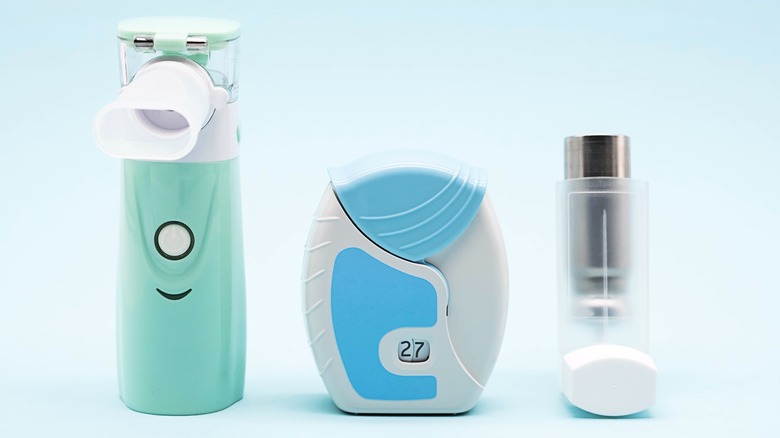Is There A Cure For Asthma?
The World Health Organization notes that as of 2019, asthma has affected approximately 262 million people globally. According to the Mayo Clinic, asthma is a critical condition that makes breathing difficult and can lead to numerous respiratory challenges. Asthma can be environmental or inherited, as stated by the National Health Service (NHS). The source lists allergies like pollen and dust mites as some common asthma triggers. Regarding genetics, WebMD notes that hereditary asthma accounts for that about three-fifths of all cases. People whose parents have asthma are three to six times more likely to develop asthma.
Asthma can be deadly if left untreated for an extended period. According to the American College of Allergy, Asthma, and Immunology, asthma kills about 3,500 people annually, and half are 65 years or older. Additionally, more than half of all asthma patients have at least one asthma attack yearly, and children are at a higher risk. If you or a loved one has asthma, you might be wondering if the condition has a cure. Let's take a look at what we know about asthma.
Current asthma treatment options
The medical world is still far away from an approved asthma cure. However, various treatment options — including medications — help asthmatic patients lead healthy and active lives (via Cleveland Clinic). According to WebMD, these medications relax your muscles, opening airways for easier breathing. They can be short-acting beta-agonists or anticholinergics, which take longer to kick in while they lessen mucus and open your airways, per WebMD. Not everyone requires the same asthma treatment — doctors can prescribe medications based on your control status. You may be put on anti-inflammatory therapy with inhaled corticosteroids if quick-relief medicines don't work for you.
Inhalers are also helpful for providing relief. These devices are specially made for asthmatic patients to breathe in their medicine, according to the NHS. According to the Asthma and Allergy Foundation of America, there are various types, including metered dose inhalers, dry powder inhalers, breath-actuated inhalers, and soft mist inhalers. Your doctor might also prescribe a nebulizer if you're having challenges using a normal inhaler. According to MedicalNewsToday, nebulizers can make it easier to administer medication into the lungs. The device converts liquid medication into a mist form that can be inhaled through a mask or mouthpiece, per MedicalNewsToday. Some asthma medications can be administered using nebulizer antibiotics, bronchodilators, and sterile saline solution.
Natural ways to manage asthma
Apart from medications, some natural remedies might help relieve common asthma symptoms. Considering the research gap in some of the recommendations, however, it's crucial to consult with your doctor first. Healthline advises engaging in asthma-friendly exercises to improve lung capacity and reduce inflammation. Swimming can be a great natural remedy for asthma attacks. A 1992 study published in the journal Sports Medicine attributes the benefits of swimming to the humid air at swimming pools, which reduces respiratory heat loss.
Even though exercise helps some patients to naturally remedy asthmatic symptoms, others may only experience attacks when they engage in physically demanding workouts, like basketball or soccer (via The American Lung Association). This condition is called exercise-induced asthma. For this reason, the Cleveland Clinic advises taking short breaks while exercising and opting for workouts that demand energy in short bursts.
Regarding diet, WebMD notes that some people use herbs, plants, and supplements to manage their symptoms. However, the source warns that the connection between these products and suppressing asthmatic symptoms needs more research to draw conclusions on which ones work best.



